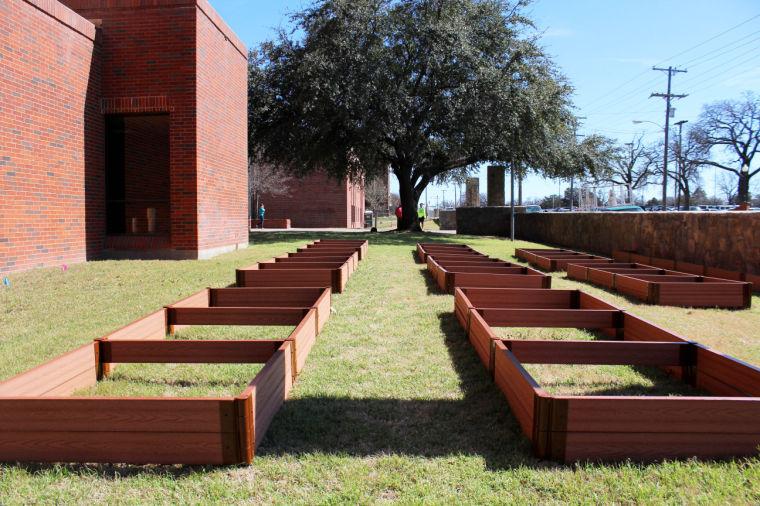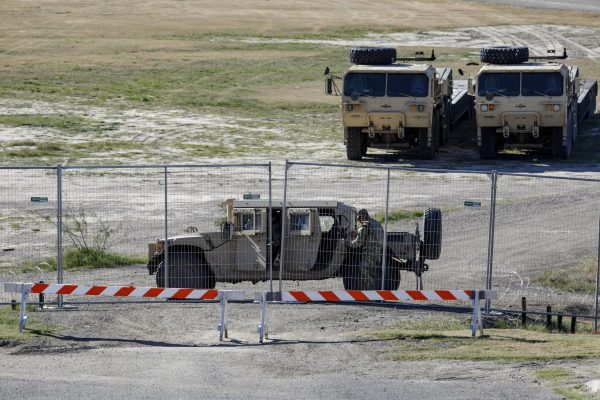Do it for the vine — Tarleton campus to have its own sustainability garden
March 21, 2014
The Department of Wildlife, Sustainability, and Ecosystem Sciences at Tarleton State University is currently in the process of creating a sustainability garden for the campus, and that’s something to root for.
“Sustainability is basically looking at all facets of how humans live their lives and how society works, and asking the question, ‘Can we do things now in such a way that our future generations can continue to enjoy those benefits,’” Dr. Thomas Wayne Schwertner, one of the faculty members who helped to harvest the idea of the garden, explained. “The garden fits into this because we want [the students] to develop and demonstrate techniques for growing food in urban and suburban areas [by] using more nontraditional, sustainable, and environmentally friendly methods than have been traditionally used.”
One of the techniques the garden will use is composting, which is the recycling of decaying organic material (such as plants) to be used as a natural fertilizer. Along with that, “locally grown produce will cut down on the carbon footprint of transporting vegetables halfway across the country,” Schwertner said.
The garden will grow a wide-variety of vegetables such as beans, peas, cucumbers, peppers and tomatoes this season, but will possibly host a wider array of plants in the future, including fruits, like berry vines.
“We are focusing mainly on Heirloom varieties, which are varieties of vegetables that aren’t grown widely anymore. They tend to be much more flavorful than the kinds you can get at the grocery store, which are often very watery and not that flavorful,” Schwertner emphasized. “We want to give students an experience that they aren’t going to get by going to the produce section.”
If by now your stomach is growling, please remain planted, there is good news. The garden will not only benefit students of the department of Wildlife, Sustainability, and Ecosystem Sciences, where they will learn how to grow, cultivate, and harvest the crops, but will also benefit the student body as a whole.
The harvested crops will go to students of the Food Science department, and excess crops will possibly end up in the Dining Hall.
“I tell all the students that if they’re walking by the garden and they see something growing that they want, like a cherry tomato for example, they should just pop it off and eat it. That’s what it’s there for—for all the students of Tarleton to learn from and enjoy,” Schwertner said.
The garden is located next to the Clyde H. Wells Fine Arts building, in between the building and the stone wall adjacent to Lillian Street. However, right now, there are only empty planter-frames, as it has been too cold for the plants to start growing outside.
“We currently have seeds planted in the greenhouses for some plants that needed to be planted early, such as peppers and tomatoes, but we should have plants and seeds in the ground by the first week of April—once we’re sure the last frost has passed,” Schwertner said.





